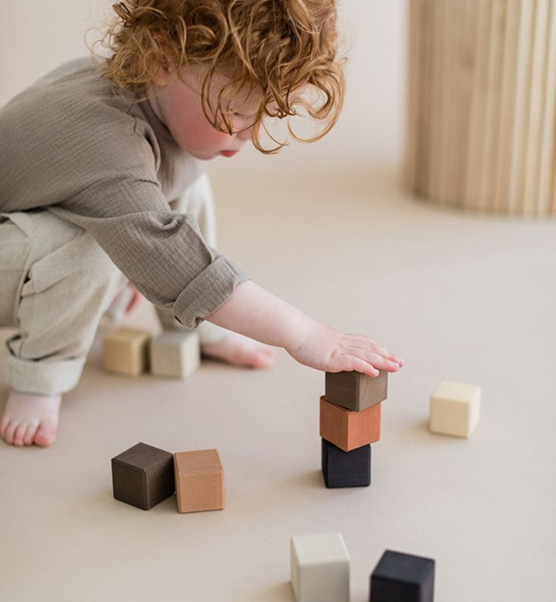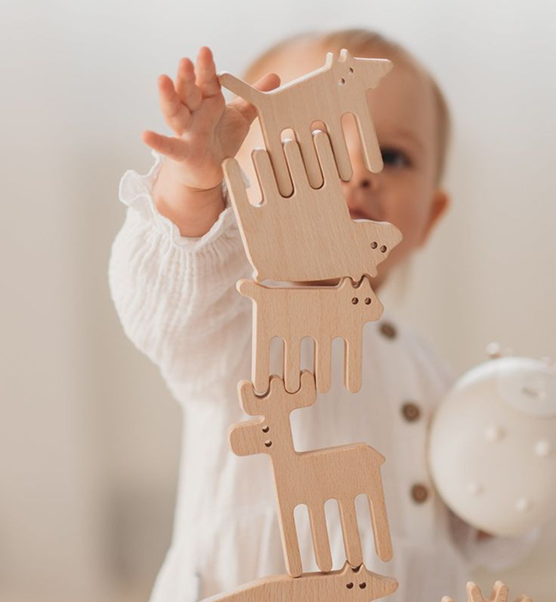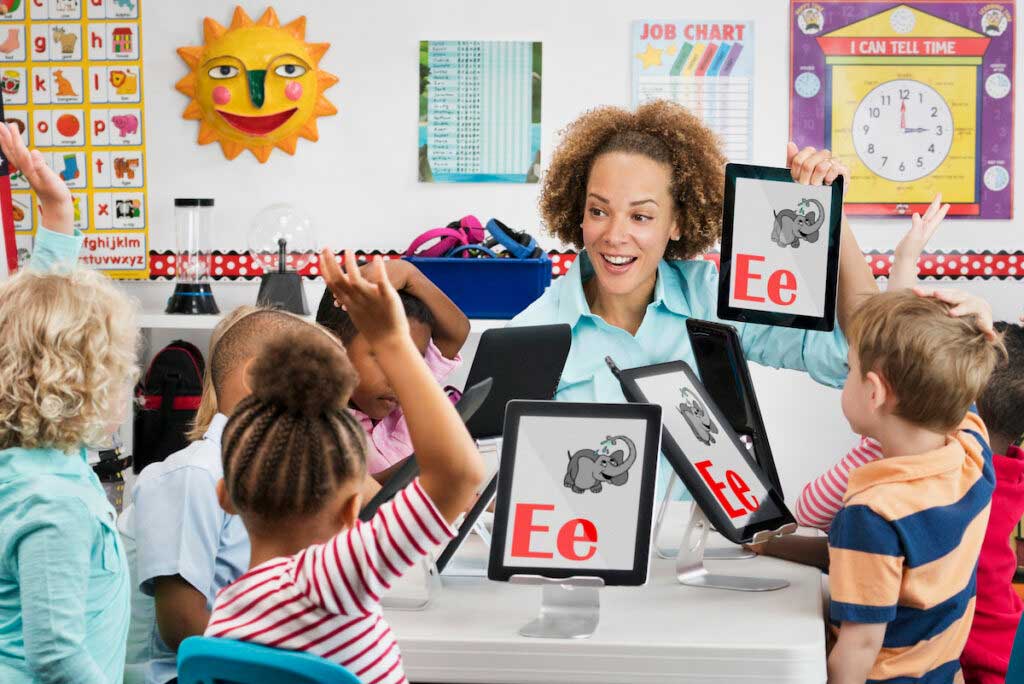At ParentData, I’m always looking to experiment, to figure out more useful and exciting ways to deliver content. I know you all come here for many reasons — to see data about your specific parenting questions, to feel seen by each other in Wins and Woes, to find out what else people are asking about.
I also know a major reason many of you come is to bring down the level of panic. Sometimes (I’m thinking gas stoves) a topic is big enough to need a whole post. Other times, it’s small enough to fit in a Q&A (UV nail dryers). And sometimes it’s right in between. I realized recently that we need a space for this. A space to comment on these things that aren’t significant enough for their own post but are maybe a bit too long or in-depth for a Q&A. And so today, a new series: “Panic Headlines.”
Panic Headlines will come your way every few weeks, and I’ll aim to cover headlines that came through to me from readers in a panic.
Oh: and if you want to suggest headlines for future weeks, please email them to ask@parentdata.org.
“Your child’s academic success may start with their screen time as infants, study says” —CNN
There are many studies that correlate screen time among children (of various ages) and academic performance. The problem with these, as I have discussed in all three of my books and in this newsletter before, is that use of screens is associated with other family characteristics. It is difficult or impossible to attribute differences to any causal impact of screens. I’ve made the case for being thoughtful about screen use, to think about how screens fit in your family’s life, but while not just taking an “all screens are bad” angle.
This paper is a twist on the familiar, by adding in brain scans (so fancy!). Here’s the basic structure. The researchers observe 437 children who completed neurodevelopmental visits at 12 months and 9 years; they collected data on screen use at 12 months. That’s pretty standard. What is novel is that they have brain activity information (from EEGs) at 18 months for 157 of the children. They look at the relationship across these variables.
Their first finding is that screen time reported at 12 months is associated with executive functioning at age 9. This echoes many other papers. Usually, I would look in the paper to figure out the relationship between screen time and family characteristics, to comment on that. They do not report that in this paper, but in another paper on this cohort, they do. In that work, they find that maternal education and maternal mood are strongly associated with screen time. In other words, this basic connection is correlation, not causation, as in all the other papers on this.
But what about the brain scans?
The second part of their paper shows that a measure of brain waves from the EEG scan are also correlated with screen time and with performance on attention tasks at age 9. The purported takeaway from this is that it shows us some mechanism for how screens impact test scores, and therefore it should make us believe it more.
However, using brain scans doesn’t fix the causality problem. What they are showing here is that there are measurements they can take in the brain at 18 months that weakly correlate with school performance at 9. That’s kind of cool. But it doesn’t tell us anything about screens. It’s still just a correlation.
Another way to say this is to imagine they had a more standard cognitive measure at 18 months — block sorting or something. And then imagine they told us that screen time at 12 months was correlated with both this measure and with the cognitive measures at age 9. We would be worried that family background, maternal education, maternal mood, etc. was driving all three of these results. We’d be worried it was correlation and not causation.
That problem is not fixed by having the 18-month measure be based on brain waves. It’s the same problem, just hiding under fancier equipment.
Community Guidelines




















